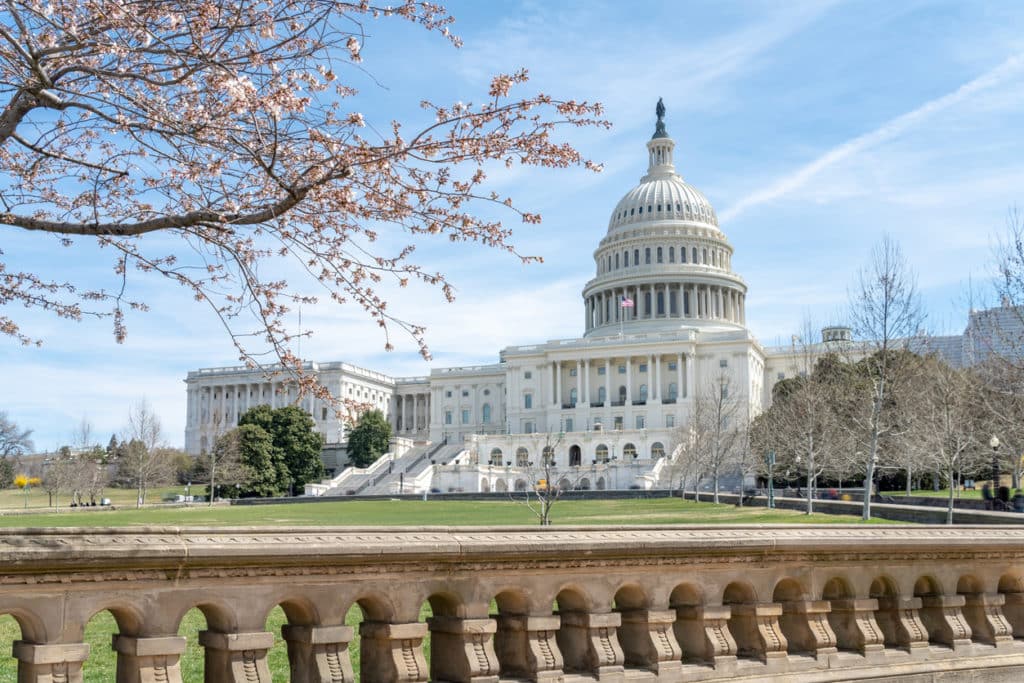On July 16, Representative Susan Wild (D-PA) became the 85th Congressional cosponsor of the Wildlife Conservation and Anti-Trafficking Act of 2019 (H.R.864). The bill, which broadly supports wildlife conservation and addresses wildlife trafficking, includes requirements for federal agencies to implement whistleblower award programs. These programs would help recruit whistleblowers and monetarily award individuals who blow the whistle on violations of wildlife trafficking laws. Comparable whistleblower programs have revolutionized the detection and prosecution of government contract fraud, tax fraud, and securities fraud.
The National Whistleblower Center endorsed the proposed law and issued an urgent call to action for Congress to pass this legislation immediately.
Wildlife whistleblower reward laws are not new. In the early 1980s, Congress viewed whistleblowers as a powerful tool in conservation and anti-trafficking efforts. A 1981 amendment to the Lacey Act, the nation’s premier anti-trafficking law originally passed in 1900, included a whistleblower reward provision. The following year, an amendment to the Fish and Wildlife Improvement Act broadened the scope of wildlife whistleblower reward programs to cover more the forty major wildlife laws.
However, despite the effectiveness of whistleblower reward programs in other fields, these wildlife whistleblower reward laws have remained effectively dormant since their inception. The appropriate agencies never published rules, application procedures, or publicly available guidelines on how to use the reward laws. According to The New Whistleblower’s Handbook, from 1981 to 2016, there is nothing in the public record to indicate that a wildlife whistleblower ever applied for an award.
The Wildlife Conservation and Anti-Trafficking Act of 2019 is designed to ensure that these wildlife whistleblower reward laws will be fully implemented. The act requires that the appropriate federal agencies develop plans of action “to fully carry out existing authorities for rewards to whistleblowers of violations of anti-wildlife-trafficking laws.” These plans include the establishment of Whistleblower Offices, formal partnerships with related non-governmental organizations, and other steps to increase the public knowledge of wildlife whistleblower reward laws. Under the act, whistleblower awards will be between 15 and 50% of all monetary funds received by the government in the enforcement of the covered action. Additionally, individuals denied a whistleblower award are granted the right to a judicial appeal.
Read:
Text – H.R.864 – 116th Congress (2019-2020): Wildlife Conservation and Anti-Trafficking Act of 2019
